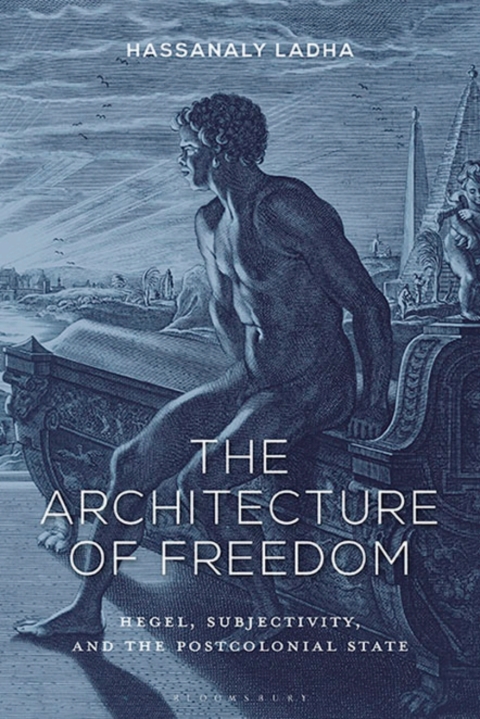The Architecture of Freedom 1st Edition Hegel, Subjectivity, and the Postcolonial State Ebook
$10.00
Hassanaly Ladha
The Architecture of Freedom
Hegel, Subjectivity, and the Postcolonial StateThrough a radical reading of Hegel’s oeuvre, The Architecture of Freedom sets forth a theory of open borders centered on a new interpretation of the German philosopher’s related conceptions of language and the aesthetic, mastery and servitude, and subjectivity and the state. The book’s argument turns on Hegel’s identification of Africa as a fluid, utopic space enabling the traversal of the East-West binary. As Hegel’s figure for the non-historical, Africa emerges as the negativity that propels the movement of the dialectic in time. Mirroring the shrouded continent’s relation to history, Kantian architectonics step out of the realm of logic in Hegelian thought and drive the historical unfolding of the aesthetic. In a foundational move, Hegel hypostatizes the aesthetic entanglement of built and linguistic form as the colossus of Memnon, an African warrior memorialized in ancient architecture, myth, and art. Reaching for freedom, the Memnon marks the architectonic modality through which the African slave, at the telos of history, will fulfill the spiritual promise of the human and bring about the politically mature state. The book examines the syncretic figure of the Memnon and slave across Hegel’s lecture courses, the Phenomenology of Spirit, the Encyclopedia, and the Philosophy of Right. Ultimately the book calls for a reassessment of a range of Hegelian philosophemes across disciplines in the humanities. This book will be of particular interest to scholars in philosophy, postcolonial and African studies, political theory, architecture, and historiography. ISBN: 9781350105799, 1350105791











